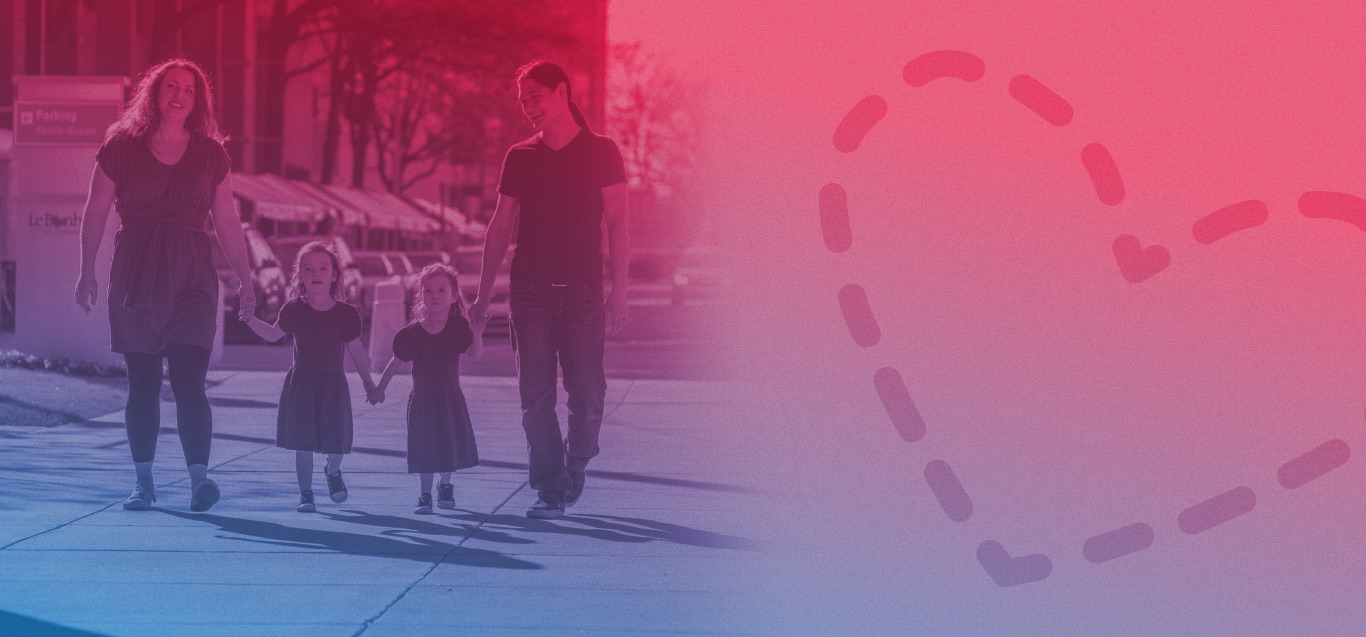
Parents’ guide to drug-resistant ‘super lice’
Posted: April 12, 2017Does it seem like lice are more of a problem for children now than in generations’ past? It’s not your imagination. Research in the last couple of years has found the emergence of drug-resistant head lice in nearly all 50 states. A study in the Journal of Medical Entomology (JME) found that, on average, 98 percent of head lice in at least 42 states possessed gene mutations that enable resistance to some over-the-counter insecticide treatments. More specifically, the resistance seems to be linked with treatment containing pyrethrins, prethroids and permathrins.
We spoke with Le Bonheur pediatrician Elisha McCoy, MD, about drug-resistant lice and her recommendations for parents.
What are super lice?
“Super lice” is the term that has been used to describe lice that are resistant to over-the-counter (OTC) medications.
How does the news about super-lice change the way parents should approach treatment?
Parents who find lice or nits in a child’s hair should begin with an over-the-counter remedy containing 1 percent permethrin. Instructions are outlined on these products and allow for re-treatment within seven-10 days if there are still signs of infection. The exception to using OTC products as first line treatment would be if there is known community resistance to over-the-counter treatments.
Have you encountered super lice locally in your practice?
I have not seen any, but that’s not to say that that other regions are not experiencing treatment-resistant lice. I just haven’t seen any in our area.
When should parents contact their child’s pediatrician?
If a parent uses an over-the-counter treatment and performs a second application but still finds active lice infestation, then he or she should see his or her child’s pediatrician for a prescription product.
The American Academy of Pediatrics recommends children with lice remain in school. Is this also your recommendation?
Yes, children who are found to have lice can be treated and then return to school. Children should not be prevented from being at school due to lice and/or nits. All children should be encouraged not to share personal items like combs and hats, as this only aids in spreading lice.



